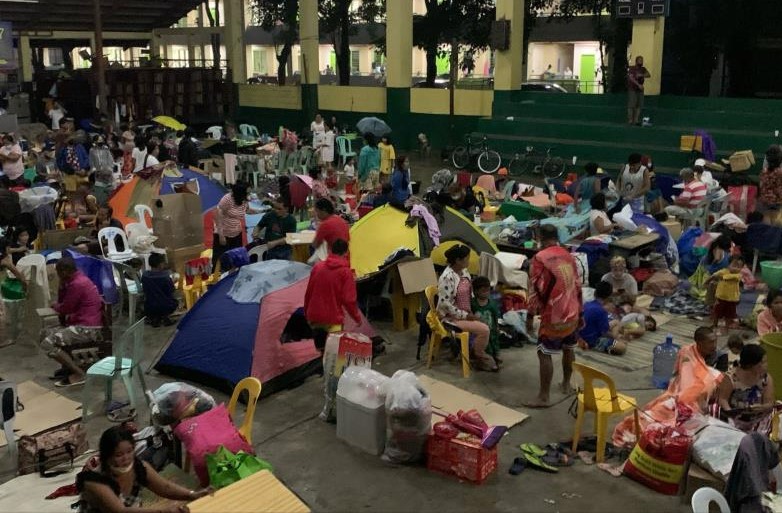Hundreds of thousands of people in the Philippines have been badly affected by the impact of Typhoon Rai (locally called Odette).
The typhoon, which caused violent winds up to 260 km/h, torrential rain, landslides and flooding, has led to enormous damage to homes, numerous road closures, many cities and municipalities without power, and largescale communication interruptions across 10 regions in the country. It is one of the largest typhoons to hit the Philippines in recent years in terms of its impact, its spread, and the scale of damage caused.
According to recent reports from the Philippines Government’s Department of Social Welfare and Development, 2.4 million people have been affected by the typhoon with 674,125 people displaced, including 112,966 families taking temporary shelter in 2,261 evacuation centers around the country.
Relief International is working around the clock to support those affected.
We have already deployed staff to the affected regions, and are currently conducting needs assessments in coordination with the United Nations Office for the Coordination of Humanitarian Affairs. Priority needs include food, potable water, temporary shelter, fuel, hygiene kits, medical supplies, and protection services.
We are currently planning a wide scale effort to address these needs in coordination with other humanitarian actors in the region. We plan to provide health care resources for those in need, food security support through cash transfers where local markets are functional, and hygiene kits that are created specifically with the needs of women and children in mind, as well as other resources/support as necessary.
Relief International has provided a wide spectrum of humanitarian and development assistance in the Philippines for the last 30 years. We have consistently delivered relief and support for those affected by typhoons and other extreme weather events, and will continue to do so moving forward.
